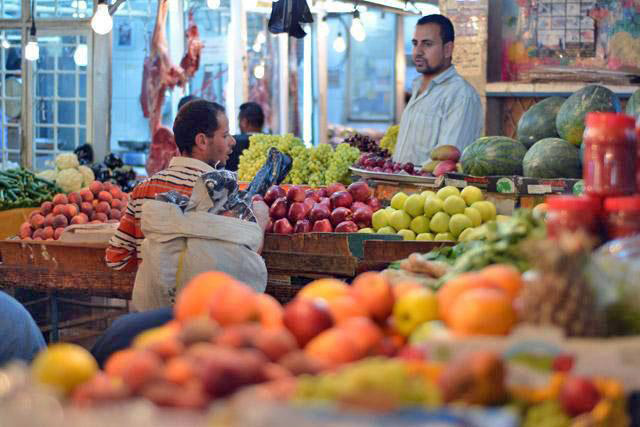AMMAN — The Jordan Pharmacists Association (JPA) on Tuesday said that Jordanian foodstuff and medicines are safe and that the Jordan Food and Drug Administration (JFDA) is among the most important institutions which Jordanians trust.
The JPA voiced confidence in the JFDA and called on citizens to stand up against those trying to undermine its mandate regarding foodstuff and drug regulation, the Jordan News Agency, Petra, reported.
The association added that Jordanian foodstuff and medicinal products are exported to many countries worldwide, which is “a testament” to their safety, warning that “questioning the safety of Jordanian food and drugs risks harming the national economy”.
JPA President Zaid Kilani said that the JFDA follows the “best” international protocols and practices to monitor the safety of foodstuff and drugs in the Kingdom, referring to the JFDA’s continuous follow-ups on the markets.
Also on Tuesday, Mohammed Jitan, deputy president of the Jordan Chamber of Industry, said that foodstuff in Jordan is safe to “the highest levels”, especially since the Kingdom’s food products access international markets “easily”, Petra reported.
Jitan, who is also the representative of food, supply and agricultural industries at the chamber, said that the JFDA applies “strict standards with high quality” on food production, noting that Jordanian standards are among the top in the region and compete with those of Europe and the US.
He expressed “surprise” to those who cast rumours with the potential to damage the national economy, stressing that such attempts harm the national economy and the reputation of local foodstuff.
